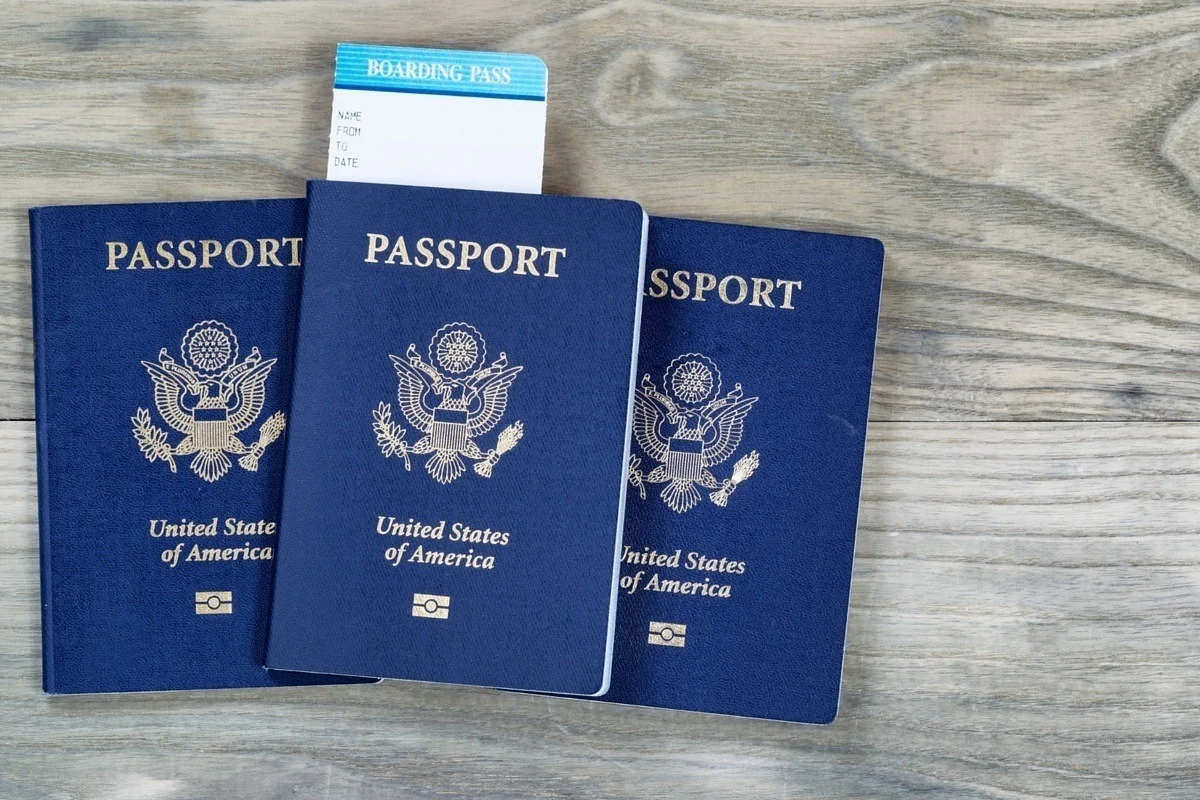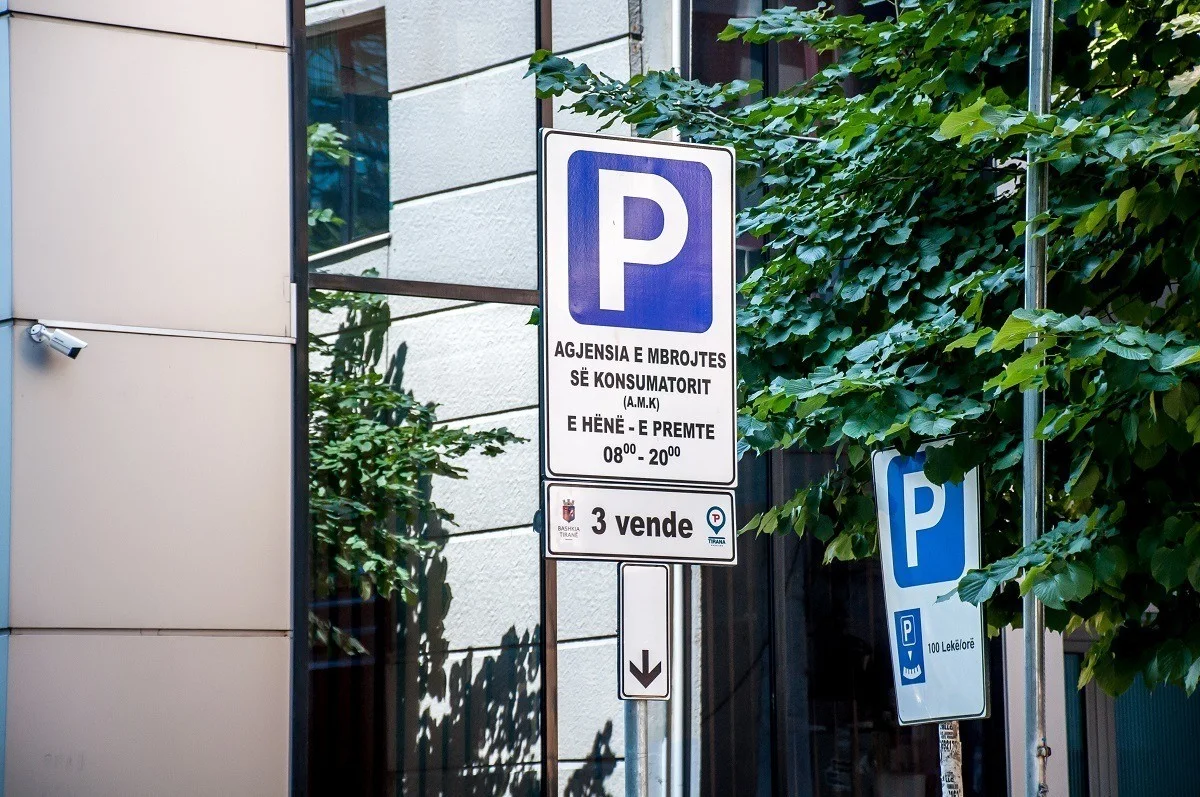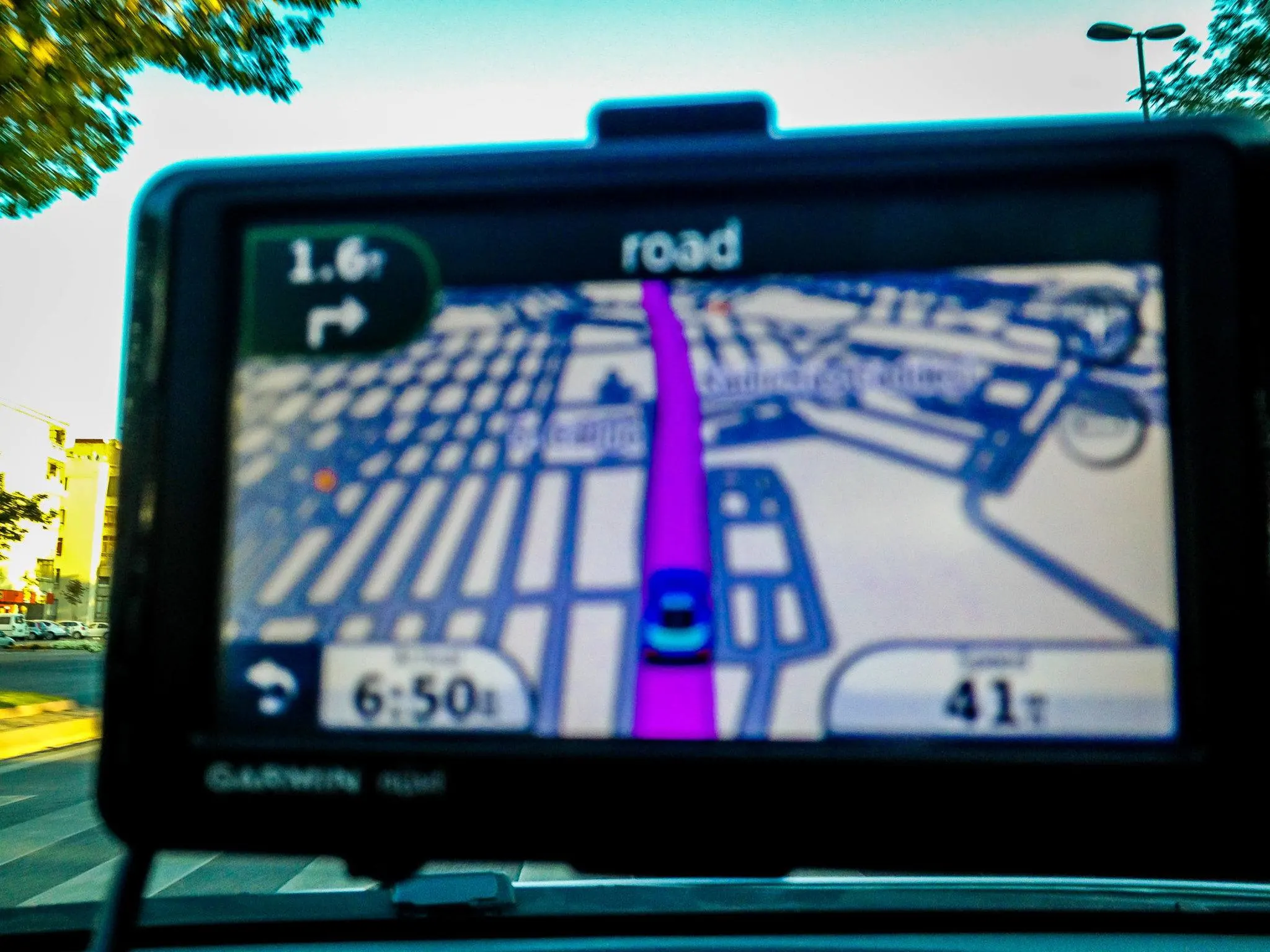Your flights are booked, your agenda is planned, and your hotel rooms are reserved. You’re excited about your trip abroad and can’t wait to start your vacation. But you’re a little uneasy because you’re planning on driving overseas. What is that like? What do you need to know? How do you prepare for driving abroad, especially if it is on the other side of the road?
If you’re like us, you may be nervous about driving overseas for the first time. This can be especially true if you’re driving on the other side of the road, or in a country that is known for a lot of traffic. Renting a car overseas can be a liberating experience and allow you to see sights not otherwise possible.
We’ve driven around the world and have taken long road trips in places like Ireland, Sicily, and even Turkey. Along the way, we’ve learned a lot about what to do and what not to do.

Here are our top 5 tips for driving overseas:
Get Your Documents in Order
You’ll want to secure an International Driving Permit (IDP) before you leave. The IDP is a global translation of your English-language driver’s license. Strictly speaking, an IDP is not required in every country. You should check the local laws in the country where you will be driving (such as on the U.S. State Department website).
Even if the IDP is not required, your rental agency may ask for it and it can come in very handy if you get stopped by the police. It is well worth the $20 investment and you can get it at your local AAA. You should also carry your passport with you at all times.

Book Ahead
Don’t even think about just showing up at the airport and renting a car. Always book ahead! When traveling overseas, many airports are smaller and have a more limited selection of rental vehicles. You can also get stuck with a car type that is not conducive to your trip (such as not getting an automatic if you need one).
Over time, we’ve found that it is best to rent from a major international chain (i.e., Hertz, Avis, etc.) that can provide services in English if something goes wrong. Also, we’ve found renting from a rental car consolidator (i.e., Auto Europe ) can also save you significant money, getting a better category of car, and even provide assistance if necessary.
Make Sure You Have Rental Car Insurance Coverage
In nearly every country, some kind of insurance is required. Make sure you know the local insurance laws and make sure you’re covered! You can obtain insurance coverage through the purchase of specialty policy, have coverage via your travel insurance policy or via a credit card benefit.

Learn the Rules of the Road
Every country has its own road rules. You should learn all of the internationally recognized road signs, as well as make an effort to learn country-specific signs. Your rental agency may provide you with an overview of common road signs and our book is also helpful in this.
Find Your Way
Navigating in other countries is not like driving at home. Visitors should consider renting a GPS satellite navigation system for the trip. These wonderful little devices can save a lot of time and frustration. When we drive overseas, we rely on both GPS and also have printed maps with us. You can never be too careful!

We hope these tips are useful as you consider driving overseas. It’s normal to feel some nervousness about driving in an unfamiliar destination where you don’t know the language. If you are considering an overseas road trip, our book, The Essential Guide to Driving Abroad, will be helpful in planning, booking and taking your trip. Driving overseas can be an wonderful way to see a destination in a new and fascinating way.
Lance Longwell is a travel writer and photographer who has published Travel Addicts since 2008, making it one of the oldest travel blogs. He is a life-long traveler, having visited all 50 of the United States by the time he graduated high school. Lance has continued his adventures by visiting 70 countries on 5 continents – all in search of the world’s perfect sausage. He’s a passionate foodie and enjoys hot springs and cultural oddities. When he’s not traveling (or writing about travel), you’ll find him photographing his hometown of Philadelphia.

Janet Rocco
Wednesday 23rd of March 2022
Thank you for the tips! Does GPS vis iPhone work well vs the navigation that comes with the rental car?
Lance Longwell
Wednesday 23rd of March 2022
Depending on where in the world you are renting, cars don't come with navigation. Outside of the U.S. and some major western European countries, I haven't seen in-dash navigation/GPS in rentals (and in fact, our last car in Florida didn't have one either!).
JBW
Wednesday 11th of August 2021
Very good suggestions and I really like that you refer to the 'OTHER SIDE OF THE ROAD' instead of how so many Americans say 'THE WRONG SIDE OF THE ROAD"'. In a foreign country their system is the CORRECT SYSTEM!!!
Anna
Friday 13th of March 2020
Definitely get a GPS! My spouse and I went to Ireland last October (2019) and thankfully had added a GPS to our car rental (it only cost $10 extra). In my research, some people/websites said Google would work. I tried Google when we first got to the car. And it didn't work (I had a new Iphone and wasn't on airplane mode anymore :). It was also really hard to find road signs especially trying to figure out which way to go. We would have been completely lost if not for the GPS. Driving on the other side of the road did take about 2 days to get used to - but then it was kind of fun! Good luck!
lee
Tuesday 15th of November 2016
My driving experience abroad was before sat nav/GPS became mainstream so when you are trying to focus, especially when you are driving on the side of the road you are not used to, navigation is really hard. A great well written article, many thanks. I would also add to check the attitudes/culture where you are as well. Driving in Bangladesh saw local law enforcement trying to catch you out with any minor infraction, backsheesh (bribe) being the currency of avoidance. Similarly in Thailand where the local law enforcement will stop you for no reason and demand payment or, in the event of an accident stipulate it's automatically your fault based on the fact that if you were not there the accident would not have happened. Armed with knowledge like this can allow you to alter your driving to suit the locale you are in.
Dannielle
Monday 8th of August 2016
I think the GPS is the life saver when travelling overseas especially in the Caribbean. Some streets don't have signs and I can see how people get lost driving down here.